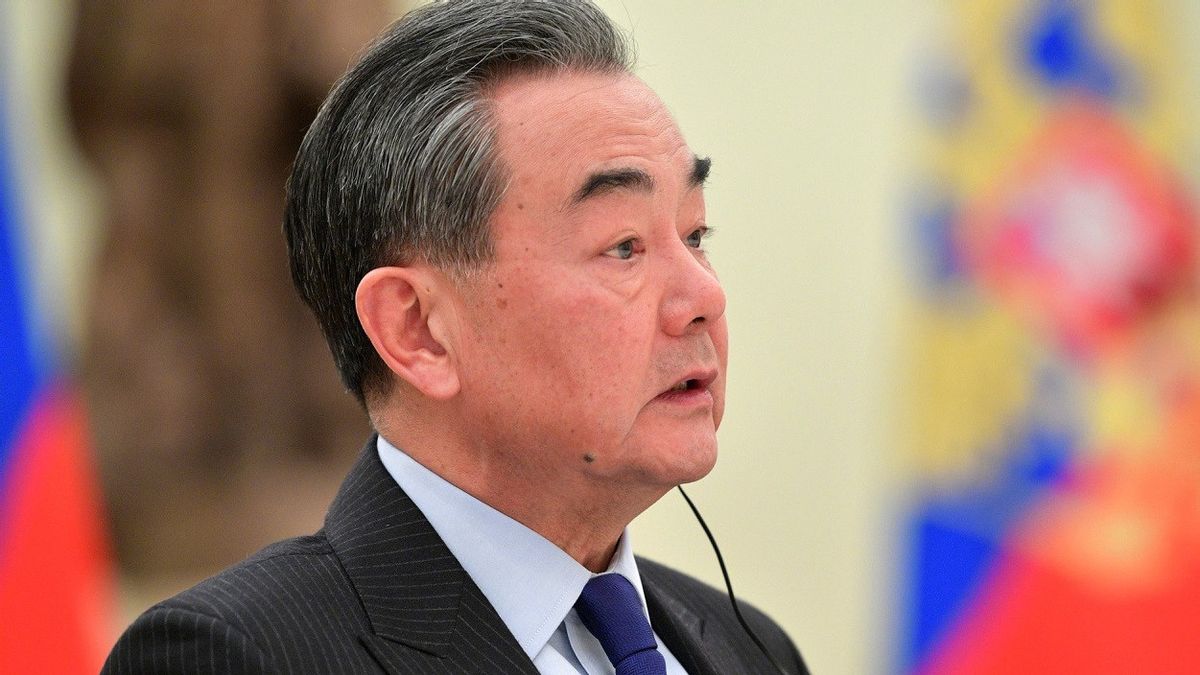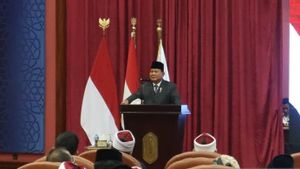JAKARTA - China reiterated its opposition to unilateral sanctions by the United States (US) on Iran, as the foreign ministers of the two countries announced the launch of a 25-year cooperation agreement aimed at strengthening economic and political ties.
In a meeting on Friday in Wuxi City, in Jiangsu Province, Chinese Foreign Minister Wang Yi also supported efforts to revive the 2015 Nuclear Deal between major powers and Iran.
A summary of the meeting between Minister Wang and Iranian Foreign Minister Hossein Amirabdollahian was posted on the Chinese Foreign Ministry website on Saturday.
Wang, who is also State Counselor, said the US bears the main responsibility for the ongoing difficulties with Iran, after unilaterally withdrawing from the 2015 nuclear deal between major powers and Iran.
Under the terms of the deal, in exchange for the lifting of international sanctions, Iran would limit its uranium enrichment activities, making it more difficult to develop nuclear weapons, although Tehran denies it has plans for nuclear weapons.
Minister Wang said China would firmly support the resumption of nuclear pact negotiations, citing Reuters January 15.
However, he said China firmly opposes unilateral sanctions against Iran, political manipulation through topics including human rights, interference in the internal affairs of Iran, and other regional countries.
The United States reimposed sanctions that hurt Iran's economy after withdrawing from the nuclear pact in 2018, saying they were not enough to curb Iran's nuclear activities, ballistic missile program, and regional influence.
A year later, Iran began gradually breaking the deal, rebuilding its stockpile of enriched uranium, refining it to higher fissile purity, and installing advanced centrifuges to speed up production.
China and Iran, both subject to US sanctions, signed a 25-year cooperation agreement last March, bringing Iran to China's Belt and Road Initiative, a multi-trillion dollar infrastructure scheme meant to stretch from East Asia to Europe.
The project aims to significantly expand China's economic and political influence and has caused concern in the United States and elsewhere.
The foreign ministry summary said the agreement would deepen China-Iran cooperation in various fields including energy, infrastructure, agriculture, health care, and culture, as well as cyber security and cooperation with other countries.
SEE ALSO:
To note, Iran and the US remain locked in talks over whether a compromise can be found to renew the deal and allay fears of a wider Middle East War. A source close to the negotiations said on Friday, many issues remained unresolved.
Meanwhile, Minister Wang, who earlier this week met with several Gulf Arab counterparts concerned about the potential threat from Iran, also said China hopes to establish a dialogue mechanism with Gulf countries to discuss regional security issues.
The English, Chinese, Japanese, Arabic, and French versions are automatically generated by the AI. So there may still be inaccuracies in translating, please always see Indonesian as our main language. (system supported by DigitalSiber.id)


















